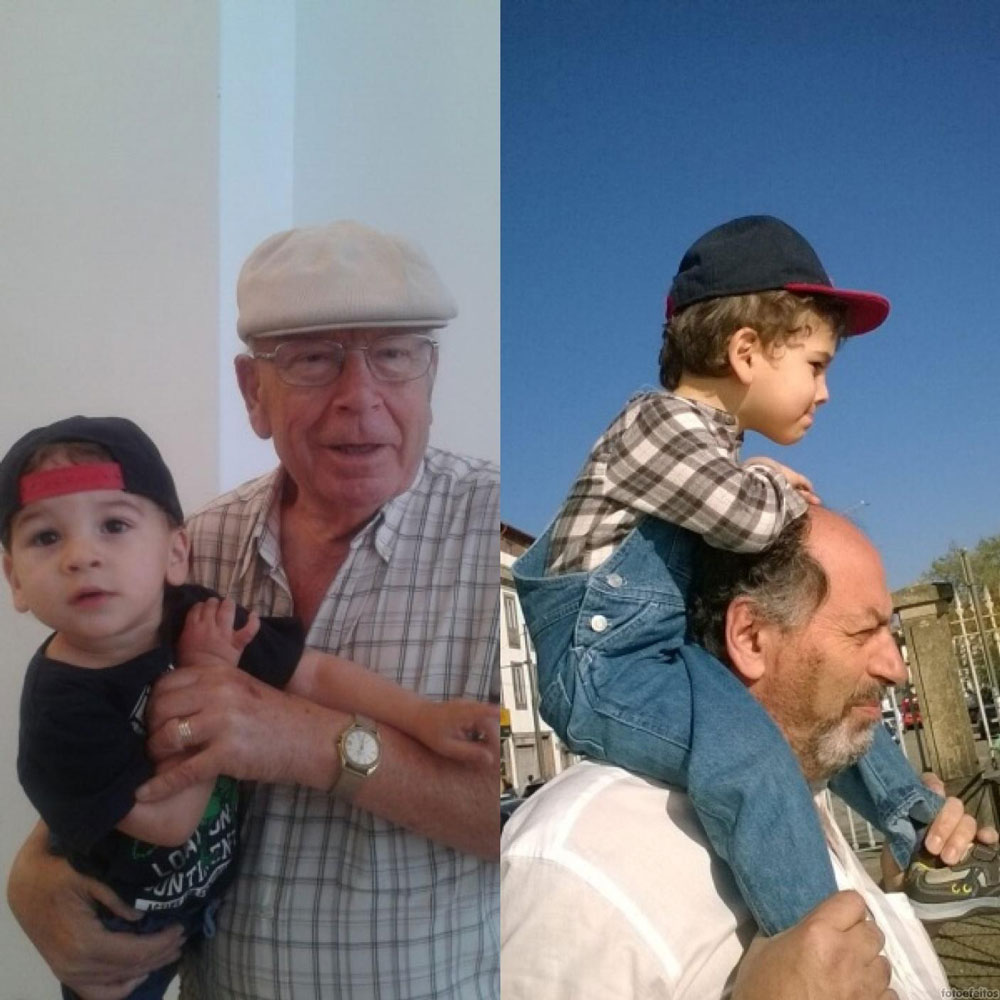The storyteller is a person in their own right, who contributes to something, creates, communicates, and shares. Life review by elderly people can contribute to their health, and well-being thus improving their quality of life. Making the most of the life histories of the elderly is, therefore, a serious route for public authorities to consider, in order to reduce healthcare costs.
Narrative gerontology and storytelling bring many benefits.
Benefits for the storyteller / the narrator
- Through the retrospective view of their life, during the narration to others, one can acquire serenity, balance, resilience, and wisdom;
- They will feel important, recognized, useful, motivated and active, which will strengthen their confidence, assertiveness, self-esteem, and self-efficacy, therefore, their well-being which will influence health-reducing depressive symptoms;
- The most common effects are the increased amount of meaningful community connections, through informal learning, intergenerational links, greater digital literacy, the mitigation of “negative ageism“, and enhanced intellectual ability.
Benefits for younger generations
- Through the process of storytelling, older adults and younger generations learn more about each other and form friendships, guiding young adults towards self-awareness, a newfound interest in historical events and a diminished fear of growing older;
- The life story also serves as:
- a means of transmission, of “passing the baton” to younger members of the family by seeking an exchange between generations;
- enables younger people to get to know family members who are no longer with us;
- permit the elders to prepare the younger generations for the future, by giving them the necessary tools and knowledge.
- As Zort pointed out “Cultural values are the treasures and mirrors of society that should be preserved and transmitted to the younger generations.“
Benefits for the community
- All over the sharing of a storyteller’s life experience, experiences, roots of the past, traditions, values, etc. the community acquires new and important educational knowledge contributing to a better understanding of the elders, their problems but also and especially their wealth of knowledge;
- The community will take a new look at itself and be more resilient. It is proof of the benefit of common creation and shared life stories as a shared humanity and, through civic engagement, the enrichment of cultural and historical heritage;
- The narrator can, for example, become the historian of their village or neighbourhood, highlighting an old trade that has now disappeared, a legend linked with a specific place, an event that engaged the whole community, etc.

